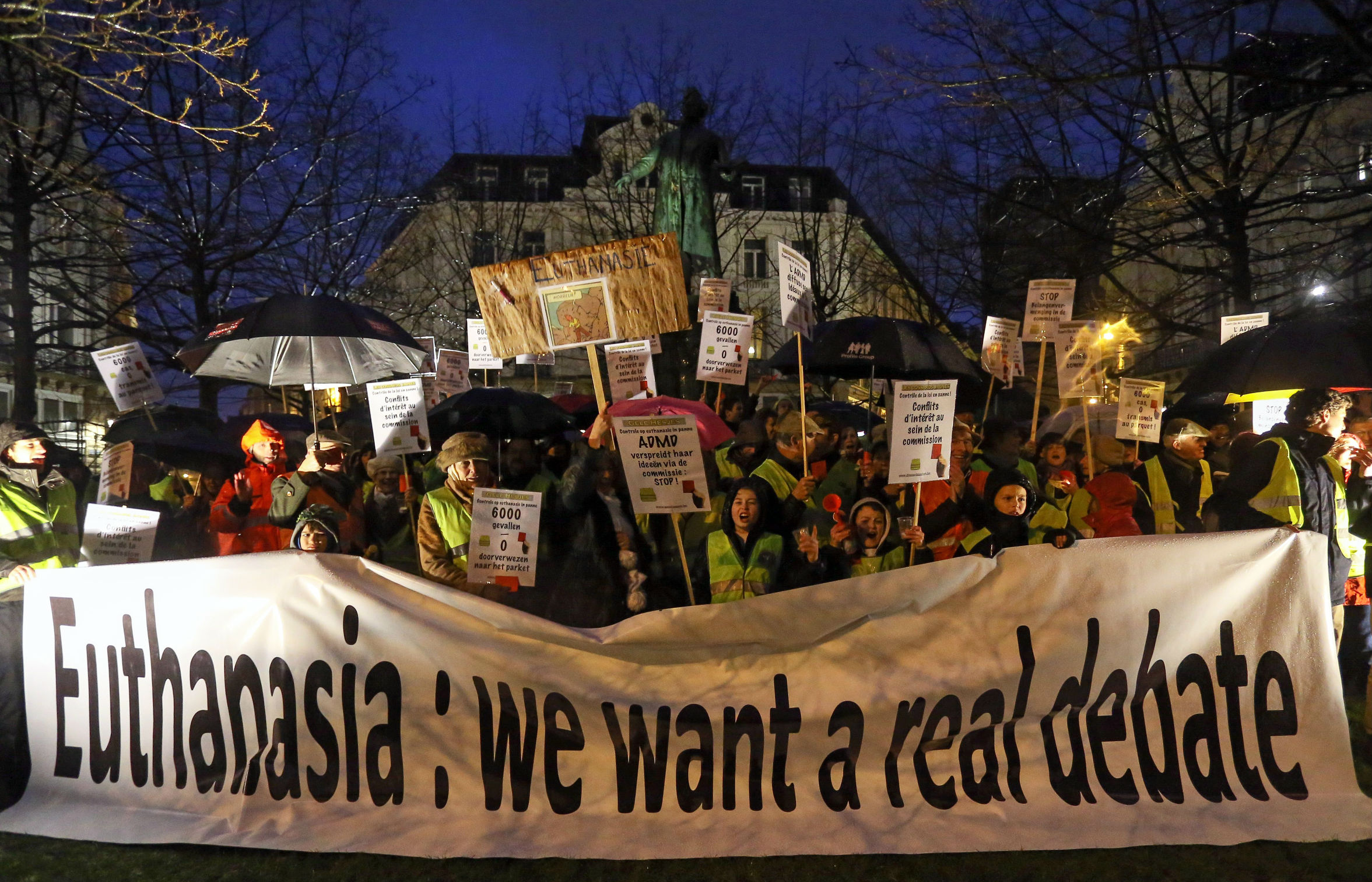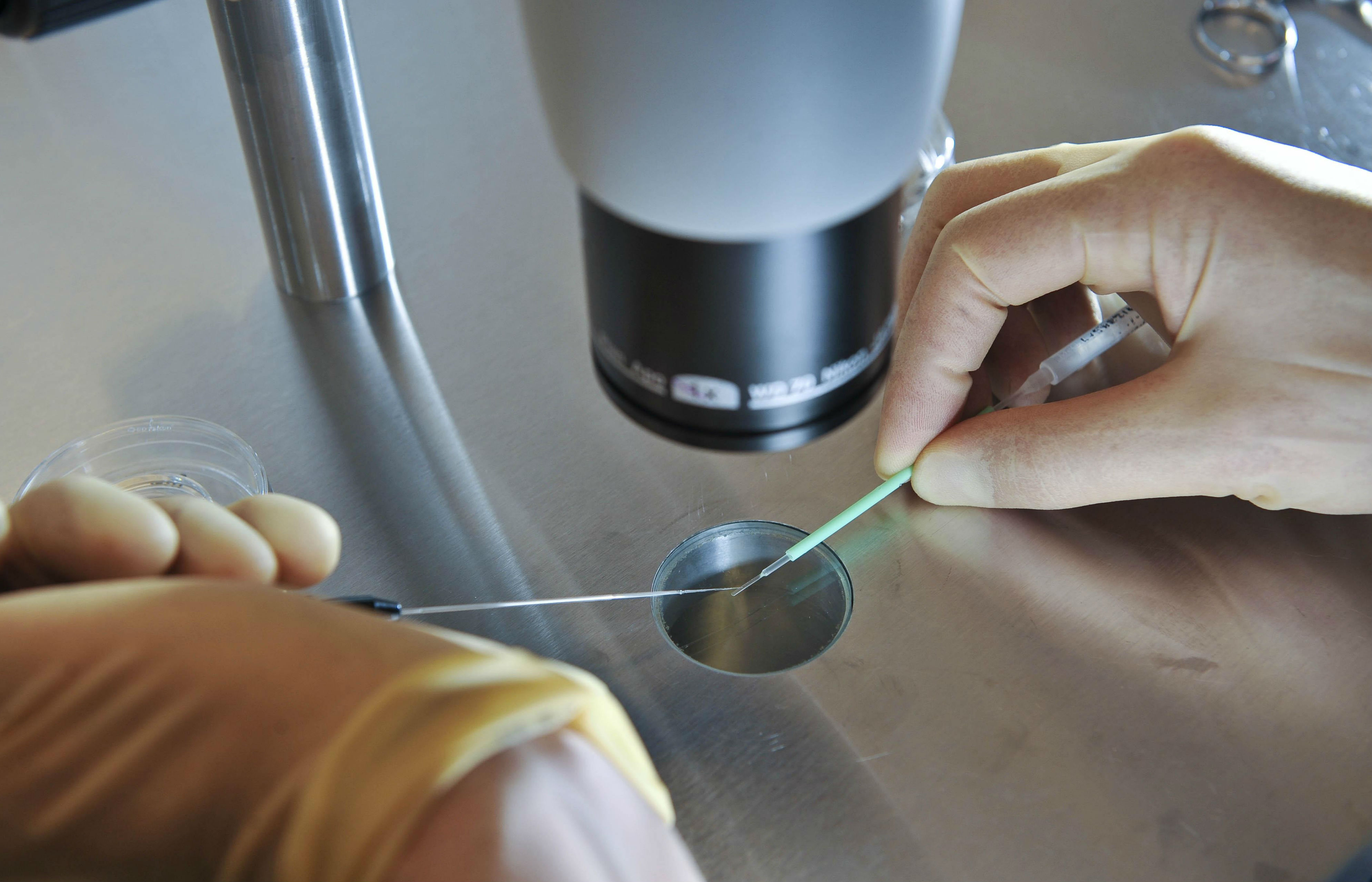Gene-editing experiments conducted on purposely-created human embryos are the ‘essence of eugenics,’ a leading Catholic expert in bioethics has warned.
Scientists in the United States have published the results of tests carried out on embryos using the gene-editing tool CRISPR/Cas9, with the aim of preventing the inheritance of genetic disease.
The experiments, held at Oregon Health and Science University, and published in the science journal Nature on 2 August, involved CRISPR/Cas9 being used to remove a mutation that causes sudden heart failure.
As part of the process, healthy women were paid to undergo ovarian stimulation to produce eggs which were then fertilised and experimented upon before being destroyed.
Dr Albert Jones, director of the Anscombe Bioethics Centre, in Oxford, said the process raised serious ethical concerns, in particular, the creation of “embryonic human beings…purely for their use as experimental subjects.”
“The embryo is conceived with the intention that it will be modified,” said Dr Jones. “This aim is the essence of eugenics: not to make people better but to make ‘better’ people.”
Dr Jones also questioned the ethics of encouraging women “by financial inducements to part with their reproductive potential,” and warned of the “short term risks of ovarian stimulation.”
Ethical concerns were also raised by Bishop Kevin Doran, chair of the Irish Bishops’ Consultative Group on Bioethics, who warned: “you can’t destroy one human being in the hope of saving another.”
In an interview with RTE’s Sean O’Rourke programme, the Bishop of Elphin said the Church was “very clear that medical intervention on human embryos is permitted provided it is without undue risk to the embryo and provided that it is directed towards the improvement of the embryo’s health”.
However, in the case of this new research he said, “we are talking about a whole group of human individuals whose lives are being used purely and simply for research.”
Professor John Haldane, J. Newton Rayzor Sr Distinguished Professor of Philosophy at Baylor University, Texas, said the discovery of the process and development of CRISPR is “a remarkable scientific achievement” but that its application to human embryos may involve serious risks.
“There is the danger that producing improved or enhanced human beings changes the relations between us, increasing inequalities of opportunity and outcome and encouraging stigmatisation,” he said.
“The processes involved may themselves be unethical insofar as they involve creating and destroying human life.”
PICTURE: Embryos are placed onto a CryoLeaf ready for instant freezing using the new vitrification process



 Loading ...
Loading ...